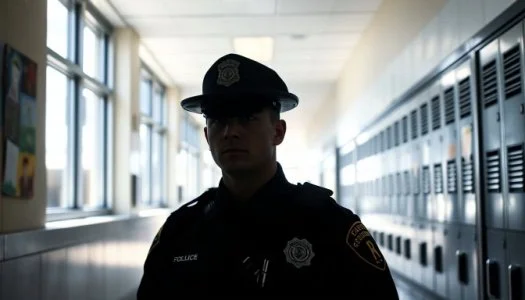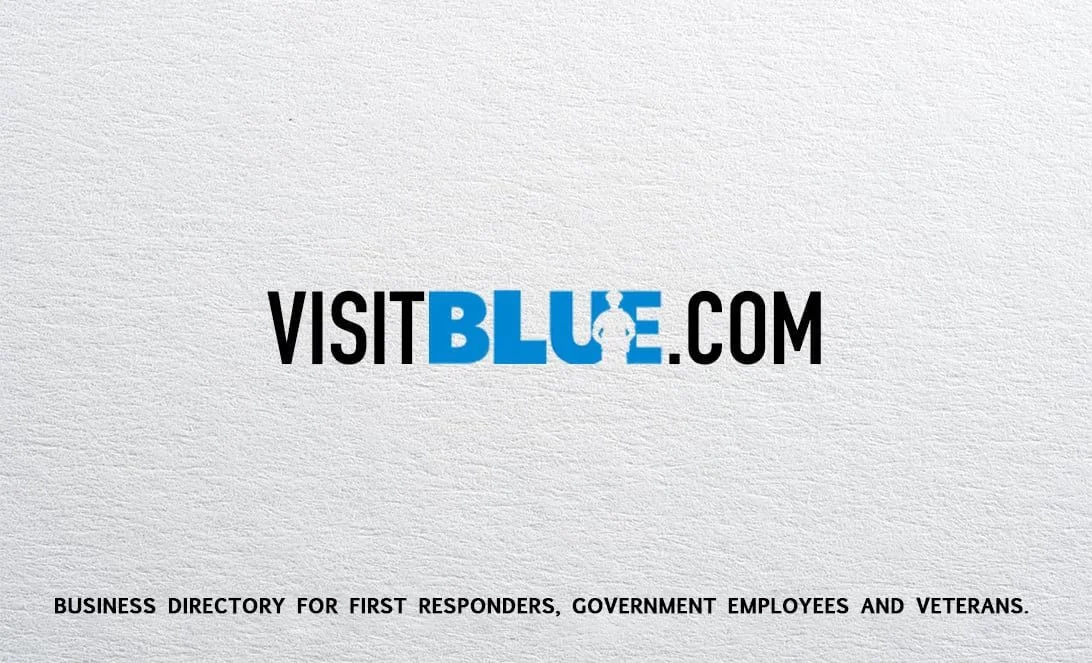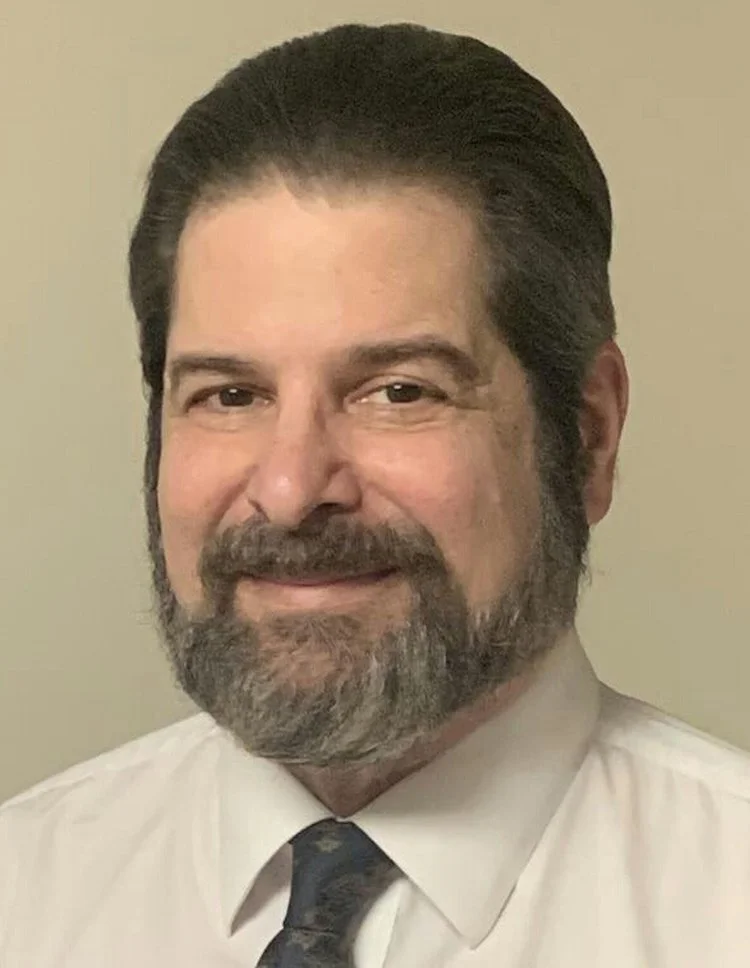The crucial role of school officers
/SRO’s Should Equal No More Soft Targets
By Joel E. Gordon
Imagine a busy school morning. Kids laugh, lockers clang, and teachers prepare for class. Amidst this lively scene, you often see a reassuring presence: the school officer. They watch over hallways, chat with students, and make sure everything runs smoothly. These dedicated individuals do more than just security work; they help build a safe place where every student can thrive and learn. Their role reaches deep into student well-being and strengthens the whole school community.
Why do school officers matter so much? A safe, supportive school is necessary for students to do well in their studies and grow as people. When kids feel safe, they can focus on learning without fear. School officers play a big part in creating this feeling. They help stop conflicts, keep things orderly, and often become trusted faces on campus. This positive influence helps everyone feel like they belong and are cared for.
School officers have many tasks. They ensure safety and keep things running smoothly every day. Their work covers a wide range of duties, making them essential members of the school staff. Understanding their functions helps us see how vital they are.
The main job of a school officer is to keep the campus safe. They are the first line of defense against many threats. Officers patrol school grounds and check buildings regularly. This visible presence helps prevent trouble before it starts.
They also monitor who comes in and out, checking entry and exit points. When emergencies strike, like a medical issue, a fire, or an intruder, they are trained to respond quickly. Officers also make sure security rules are followed and lead safety drills. They work closely with local police during any serious incidents.
Officers help create a calm and respectful school atmosphere. They enforce school rules and policies fairly. This keeps the environment structured and predictable for everyone. Many times, they mediate student conflicts and disputes.
They step in to address behavior problems and offer good solutions. Officers also help teachers and administrators with discipline, letting educators focus on teaching. Their presence helps stop bullying and harassment, making school a better place for all.
Beyond security, school officers act as mentors. They become trusted adults for many students. Officers often engage in casual talks, building real connections and rapport. You'll see them at school events, cheering on teams or helping out.
They provide guidance and support on a range of issues, both big and small. Being approachable and easy to talk to is a big part of their job. These relationships help bridge gaps between students and authority figures.
Having school officers on campus brings many real benefits. Their presence directly improves how students feel and how well they learn. A secure environment boosts student confidence and helps them focus.
Safety directly leads to a better place to learn. Studies often show how a secure environment lessens student anxiety. When kids don't fear for their safety, they can put all their energy into schoolwork. For example, less worry about fights means more focus on math problems. Many educators agree that visible security really helps classroom engagement. Students feel more comfortable raising their hands and taking part.
School officers can be key in preventing crime. Data suggests a link between school resource officers (SRO’s) and fewer school crime rates. There are many real-world stories where an officer's quick action stopped a bad situation from getting worse. Their training helps de-escalate potential violence. Experts often talk about how trained personnel deter bad behavior. Their presence sends a clear message that safety is a top priority.
Having a supportive figure on campus offers deep psychological benefits. Positive talks with officers can change how students view authority. It helps them see officers as helpers, not just rule enforcers. Many officers help students work through personal problems, offering advice or a listening ear. A great tip is for schools to start mentorship programs involving officers. This builds stronger ties and deepens trust.
School officer programs can face difficulties. But with the right strategies, they can be very successful. It's important to look at both the good parts and the parts that need work.
Some people worry about school officer programs. A common concern is that officers might treat normal student behavior like a crime. It's crucial that officers get proper training in de-escalation techniques. Discussions often happen around using other methods, like restorative justice, instead of just punishment. We've seen both good and bad SRO models. Learning from these helps us make better choices for our schools.
One befuddling model occurs in the State of Maryland. While going to the investment of a fully certified professional school police force, based on Maryland state law, Baltimore City School police officers must be unarmed during regular school hours when they are assigned to a school building. Their firearms must be secured in a locker, and they can only retrieve them at the end of the school day. It’s strongly opposed by Baltimore City Schools FOP President Sgt. Clyde Boatwright.
“There's no expectation to chase an armed person and you're not armed. I think that's unrealistic. Our police officers don't sign up to die.”
As a point of reference, in spite of unrealistic restrictions, Baltimore school officers have recovered at least 15 guns at city schools each year for the last four years.
Here are more details about the policy:
Unique to Baltimore: The Baltimore City Schools police force is the only police force in Maryland with this specific mandate to disarm during instructional hours.
Ongoing Debate: The policy has been a topic of debate for years.
Proponents of the unarmed policy believe that a constant armed police presence sends the wrong message to students.
Opponents, including the Fraternal Order of Police, argue that the policy is unrealistic and compromises public safety, especially if an officer needs to respond to an armed threat.
Repeated Legislation: Bills are regularly introduced in the Maryland state legislature to change this law and allow city schools police to carry firearms while in school, but they have consistently failed.
Recent Controversy: In September 2025, there was renewed attention to the policy after it was reported that the Baltimore City Public Schools CEO has armed security, while officers assigned to schools remain unarmed during school hours. This has been criticized by some as hypocritical.
Effective school officers need special skills, sensible tools and policy, and reasonable autonomy. They need specific training in things like child psychology and handling conflicts. Learning how to calm tense situations is a must. Specialized certifications often boost an officer's ability to work with kids. Experts stress the need for ongoing professional development. A smart tip is to suggest regular training refreshers for all school officers. This keeps their skills sharp and up to date.
Strong teamwork within the school is vital. Clear ways to talk between officers, principals, teachers, and parents are very important. Everyone needs to know their part and what they are responsible for. Good school-community partnerships often involve officers leading safety talks. A practical tip is to hold regular joint meetings. These sessions help everyone work together better and plan for safety.
The job of a school officer keeps changing. They must adapt to new threats and challenges. Their role will likely grow in the years to come.
Officers now train to handle modern safety issues. This includes knowing about cybersecurity and online safety risks. They also learn how to respond to mental health crises. Active shooter preparedness and response strategies are a big focus. Schools are also using more technology in their security plans, and officers must know how to use it.
There's a move toward stopping problems before they start. Officers are now part of programs that help students who might be at risk. They often join mental health support teams, offering a key viewpoint. Schools use data to find potential issues early on. A helpful tip is to push for more money in preventative programs. This way, we can support students before things get serious.
Officers are becoming more connected to the school community. They can help start community engagement efforts. For example, they might connect students with outside help for various needs. Positive relationships between schools and officers have long-lasting benefits. Experts see officers as key figures who help meet the changing needs of school safety.
School officers are a vital part of keeping our schools safe and welcoming. Their role goes way beyond just security. They help maintain order, mentor students, and build trust. To do their job well, officers need the right training and ongoing support. Plus, working closely with teachers, parents, and administrators makes a huge difference. By focusing on prevention and early help, these programs become even stronger. Investing in effective school officer programs is really investing in our children's future. It helps us build safe, supportive places where every student can learn, grow, and succeed.
Let’s remind Baltimore City and the State of Maryland that a good guy trained in the use of a gun is a critical element of defense against those bad guys’s armed with evil intent. No more soft targets! Much respect goes out to our law enforcers’ that work diligently to keep our school campuses and students safe.
Joel E. Gordon, BLUE Magazine’s Editor-in-Chief, is a former Field Training Officer with the Baltimore City Police Department and is a past Chief of Police for the city of Kingwood, West Virginia. A past D.A.R.E Instructor he has also served as vice-chair of a multi-jurisdictional regional narcotics task force. An award winning journalist, he is author of the book Still Seeking Justice: One Officer's Story and founded the Facebook group Police Authors Seeking Justice. Look him up at stillseekingjustice.com










